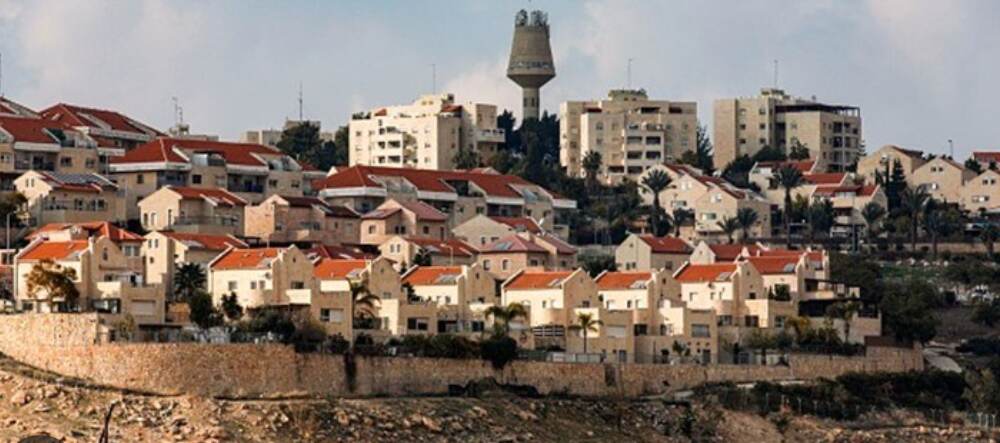Israel's Expansion of Jewish Settlements in the West Bank
Israel's far-right nationalist-religious government has given the green light for the construction of 5,700 additional housing units for Jewish settlers in the occupied West Bank. This move, approved by Israel's Supreme Planning Council, comes despite mounting pressure from the United States to halt settlement expansion, which Washington sees as a major obstacle to achieving peace with the Palestinians. The urgency of the situation demands a collective effort to reinvigorate the peace process and work towards a just and lasting resolution for Israelis and Palestinians alike.
Israel's far-right nationalist-religious government has given the green light for the construction of 5,700 additional housing units for Jewish settlers in the occupied West Bank. This move, approved by Israel's Supreme Planning Council, comes despite mounting pressure from the United States to halt settlement expansion, which Washington sees as a major obstacle to achieving peace with the Palestinians. The plans for the housing units, which will be located in various areas of the West Bank, have been met with praise from Jewish settler leadership.
Shlomo Ne'man, the head of the West Bank Gush Etzion Regional Council and chairman of the Yesha Council, expressed his gratitude to the Israeli government for the ongoing development of Israeli settlements. He emphasized that in challenging times, expanding settlements is seen as a necessary Zionist response to those seeking assistance. However, these settlements, built on land captured by Israel during the 1967 Middle East war, are considered illegal under international law. Their presence poses a significant obstacle to the establishment of a viable Palestinian state. Palestinians aspire to create an independent state in the West Bank and Gaza Strip, with East Jerusalem serving as its capital.
Unfortunately, peace talks brokered by the United States have been at a standstill since 2014, primarily due to Israel's refusal to withdraw from the West Bank and dismantle settlements. Since assuming office in January, Prime Minister Benjamin Netanyahu's coalition government has already approved the promotion of over 7,000 new settlement units, with many located deep within the West Bank. This aggressive expansion has drawn criticism from various quarters. The settlement watchdog organization, Peace Now, condemned the Israeli government's actions, accusing them of driving the region towards the complete annexation of the West Bank at an unprecedented pace. The approval of these additional housing units further exacerbates tensions and undermines the already fragile prospects for a peaceful resolution to the Israeli-Palestinian conflict. The international community, including the United States, has consistently voiced concerns about settlement expansion and its detrimental impact on the peace process.
Settlements not only violate international law but also undermine the viability of a two-state solution. Israel's decision to proceed with settlement expansion highlights the complexities of the situation, including the political dynamics within the country and the competing narratives of both Israelis and Palestinians. While Israel views the settlements as a legitimate expression of its national aspirations, the international community widely regards them as illegal and an obstacle to peace. The ongoing expansion of settlements raises serious questions about the future of the peace process and the prospects for a negotiated settlement.
It further entrenches the division between Israelis and Palestinians, making the realization of a two-state solution increasingly challenging. The situation calls for renewed diplomatic efforts and a commitment to dialogue in order to bridge the gaps and find a mutually acceptable resolution. The international community, including key stakeholders like the United States, must play an active role in encouraging both parties to return to the negotiating table and find a sustainable solution. Addressing the issue of settlements is crucial for restoring trust and creating a conducive environment for meaningful peace talks. The urgency of the situation demands a collective effort to reinvigorate the peace process and work towards a just and lasting resolution for Israelis and Palestinians alike.




